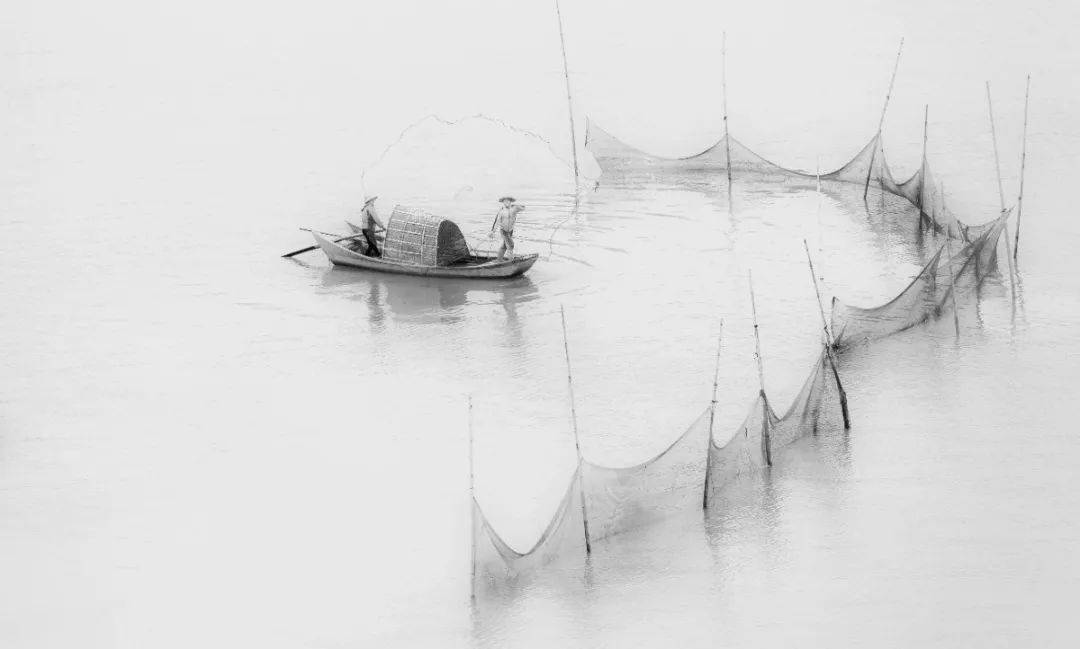Mexican poet Pas: absorb the unique oriental charm from ancient Chinese poetry
Author:Focus on Latin Time:2022.08.16

Mexican poet Oaktavio Pas (1914-1998) was considered one of the earliest poets to Latin America to conduct substantial exchanges with Oriental Culture. It is also the first Mexican translator to translate Chinese poetry. The Nobel Prize winner wrote in the book "Double Flame": "Poetry is one of the greatest cultural heritage in China to the world."
Starting from the southern part of Mexico's capital to the south of Mexico, passing through the calm but vibrant San Aoul District, walking for about half an hour, you can reach the "Alvarado House" in Koyo Akan District. Ancient houses on the outer wall. Here, Pas spend the last time of life. Expand Pas's literary life canvas, what you see in front of it is the gorgeous picture painted by Chinese poetry.
Encountered with Chinese poetry
In 1914, Pas was born in an intellectual family in Mexico City. Shortly after birth, Pas moved his mother to the house of the same city, Eareneo Pas's house. The house is located in Ako District, Misco, where the historical heritage is deep. All lived here.
Misco Ak left a strong stroke in Pas's childhood and literary works. He and his friends went to school, play basketball, go to the movie theater near home ... The writer's grandfather Ileneo opened his book to Pas to Pas, embarking on the road of literature and contacting Chinese literature.
In 1951, Pas and Oriental Culture officially met. This year, he was dispatched to India by the Mexico Ministry of Foreign Affairs, and later served as Mexico's ambassador to Japan and India. Chinese, India, Japan and other Chinese literature accompanied Pas to walk the days when you are a diplomat in the distant Oriental, and also attracted him to translate a large number of oriental literature. In Pas's pen, Zhuangzi, Du Fu, Wang Wei, Su Dongpo and other famous artists were translated into Spanish. They have taken root in the mainland of the American continent. Over the years, they have been studying Chinese literature for a long time.
In 1968, Pas resigned from the post of government behavior at the time.
"The fisherman's song floats on the still shore, and Wang Weixin answered Zhang Shaofu. In Mao's heart in his lake, I was reluctant to have a rescue of a wise hermit in San Anghr or Koyo Akan." After many years of diplomacy and living abroad, Pas returned to his hometown and borrowed the image of Wang Wei's work to write down the long poem "Return". In Tang Shi's "Removal of Zhang Shaofu", Wang Wei expressed his emotions that were disappointed, unable to realize his ambitions, and would rather send love in the mountains. Wang Wei must not have thought that his story will resonate with an exotic poet after thousands of years.
Cross -language barrier
Although he has never set foot in China, Pas can swim in this ancient oriental country with literature. In a television interview about Oriental culture, Pas talked about his understanding of Chinese philosophy. The realm of reality and unified meditation made him fascinated.
In the selection of "Translation and Recreation", Pas specializes in the "China" chapter, which includes a large number of Chinese poetry and prose including "Lu Chai".
Due to language differences, it is very difficult for the 20th century Latin American readers to explore in the deep forest of Chinese poetry. The same is true for Pas, who has not learned Chinese in Chinese. When he translates Chinese literature, he mainly refers to English and French translations. As one of the pioneers of this career, there is almost no Spanish data for reference.
However, the barrier's barriers have not hindered Pas to know China in his own way. From the perspective of Mexican sinologist Flora Bolton, Pas can read Chinese literature and mainly rely on his intuition and long -term accumulation of his poets.
We often say that "Poetry has no" and "a thousand readers have a thousand Hamlet", but from the perspective of academic circles, Pas's translation of Chinese poetry will try to capture the inner thoughts of the original author. Mexican writer Alberto Roy Sanchez said that Pas will first understand the internal logic of the work when translating, and immerse themselves in the historical culture behind the poetry.
During the translation of Du Fu's "Spring Wang", Pas attached a comment comment after the Eight Eight Eight Eight Eight Election Verse, describing the scene of the death of the country in the Tang Dynasty and the separation of the war in the background of the Anshi Rebellion. Liberty conveys to Latin America readers.

Causes the response in China
In April 1998, Pas died of illness and kept his pen in his hand forever. However, Pas's story has not ended. In decades of literature career, Pas has brought closer to Mexico and even Latin America with poetry and prose. Now, many of his works have been translated into Chinese readers' study.
In 1991, the first Chinese translation of Pas's works was published in China, and a series of works such as "Lonely Mystery" then entered the vision of Chinese readers. In 2015, Pas's poetry walked into Shanghai Metro Station and carriage. "A crystalline weeping willow, a watery black poplar, a tall fountain fluttering with the wind, a straight tree dances, a curved river moves forward, back, roundabout, always reach the going to go to go. Poems. "Poison's masterpiece" Sun Stone "and other poetry were extracted and printed on the wall of the carriage and armrests, allowing citizenship to read cultural works from the distance.
- END -
[History Contention] 渡 争 【【— also discussed with Liu Lin and Mr. Yu Hongmo ‖ Hu Zaixun

Historic contention䂪 䂪 释 䂪 䂪 䂪 䂪——The discussion with Mr. Liu Lin and Mr....
"Colorful Chinese Festival Goods" Culture and Tourism Trade Promotion Activities (Special Topics of Ceramics Culture and Creativity) are held in Jingdezhen City

On July 21, the Colorful Chinese Festival Good Things culture and tourism trade pr...